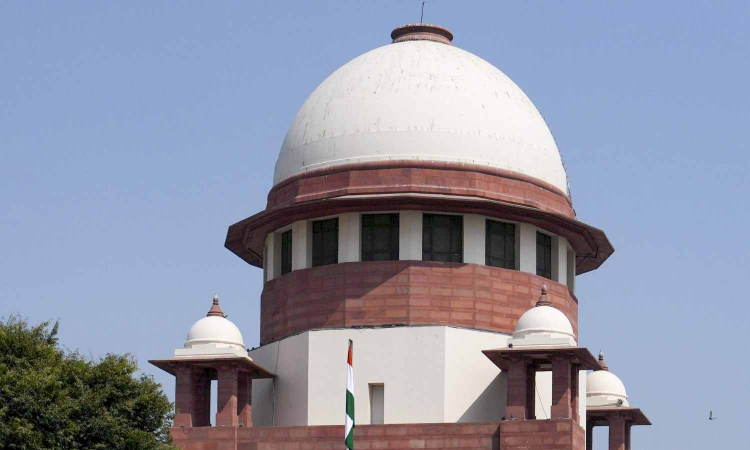Editorial: Linking tolls to quality of service
The Kerala High Court had pointed out that the government has the obligation to prioritise and safeguard public interest when it comes to public infrastructure projects.

Supreme Court (PTI)
A recent order by the Supreme Court has once again drawn the nation’s attention to the controversial issue of poor maintenance of highways despite collecting tolls. The SC upheld an interim order of the Kerala High Court that suspended toll collection on a stretch of a national highway for four weeks. For years now, aggrieved road users have been raising this issue, and in recent times, amplified on social media. The number of social media posts poured with the onset of the monsoon.
The Kerala High Court had pointed out that the government has the obligation to prioritise and safeguard public interest when it comes to public infrastructure projects. The contractual obligations between the government and the infrastructure company cannot override the government’s obligation to protect the public interest. It is indeed an important principle that has been emphasized, as one cannot rule out the possibility of political powers and bureaucracy compromising public interest while entering into contracts with private players. There has been widespread belief among people that the government and the private companies collude to extort tolls far beyond the reasonable return on investment and profits. In its order, the SC bench made a pointed reference to the collection of tolls from the user who already pays the Motor Vehicles tax for their use of roads. India had collected about Rs. 70,000 crore in 2024 and over Rs 20,000 crore in the first quarter of the financial year 2026.
There are Comptroller and Auditor General of India reports that have extensively documented excess collection of toll running into crores of rupees in each project. In response to stinging criticism, the government has introduced a yearly FASTag annual pass to lessen the burden to some extent, and it is expected to affect revenues by 4% to 8%.
Needless to say, the toll collection system and the public-private partnership model need to be reformed. Firstly, besides the BOT (Build-Operate-Transfer) model, there is the TOT (Toll-Operate-Transfer) model for the construction and maintenance of highways. The government is now in favour of the InvIT (Infrastructure Investment Trust) model, which pools capital from diverse investors. It is inexplicable how, in the guise of encouraging private investment, the government mostly ends up favouring private investors at the cost of road users.
Secondly, the collection of tolls even after the costs are covered and profits made should come to an end. The government has informed the Public Accounts Committee that NITI Aayog will undertake a study to revise the system for determining the user fee or the toll.
Thirdly, since these mega projects involve over thousands of crores of rupees, it is only fair that there should be a tariff authority, as recommended by the PAC, to ensure transparency and fairness, which so far has been conspicuous by its absence. Going by the experience of other regulatory authorities, a tariff authority will have some limited benefit, if any, in protecting consumer interests. Also, a third-party audit could help.
The government, however, should heed the point made by the judiciary regarding prioritising and safeguarding the public interest when it comes to PPP agreements with private companies. If it is a public-private partnership, then the public should have a role in the whole process, especially through periodic social audits conducted by reputed civil society and consumer organisations.



